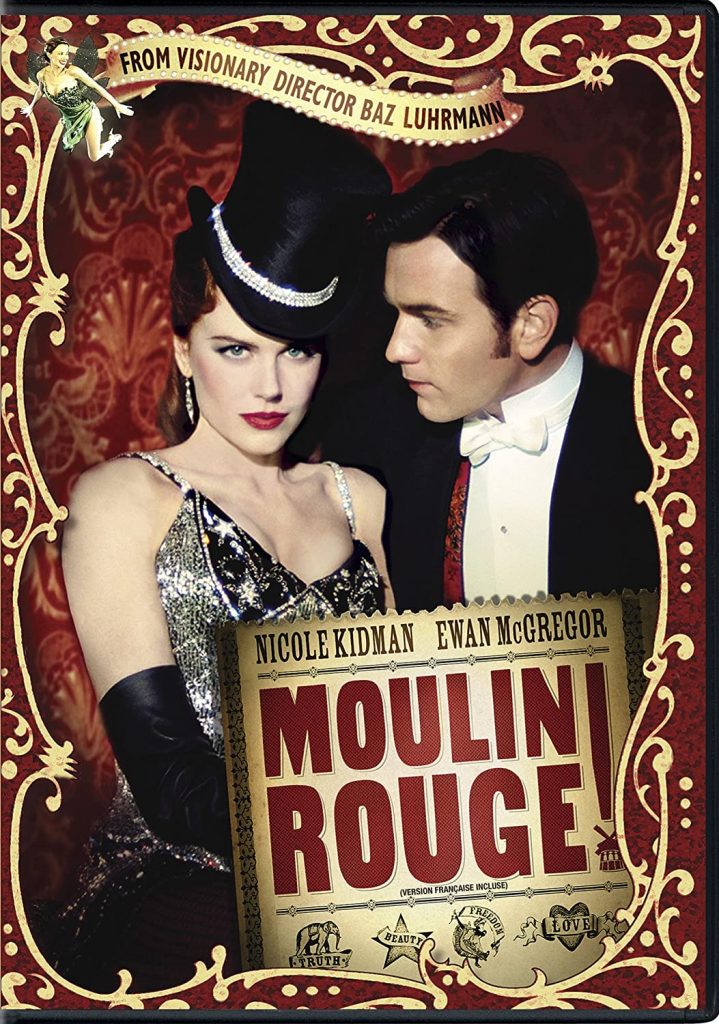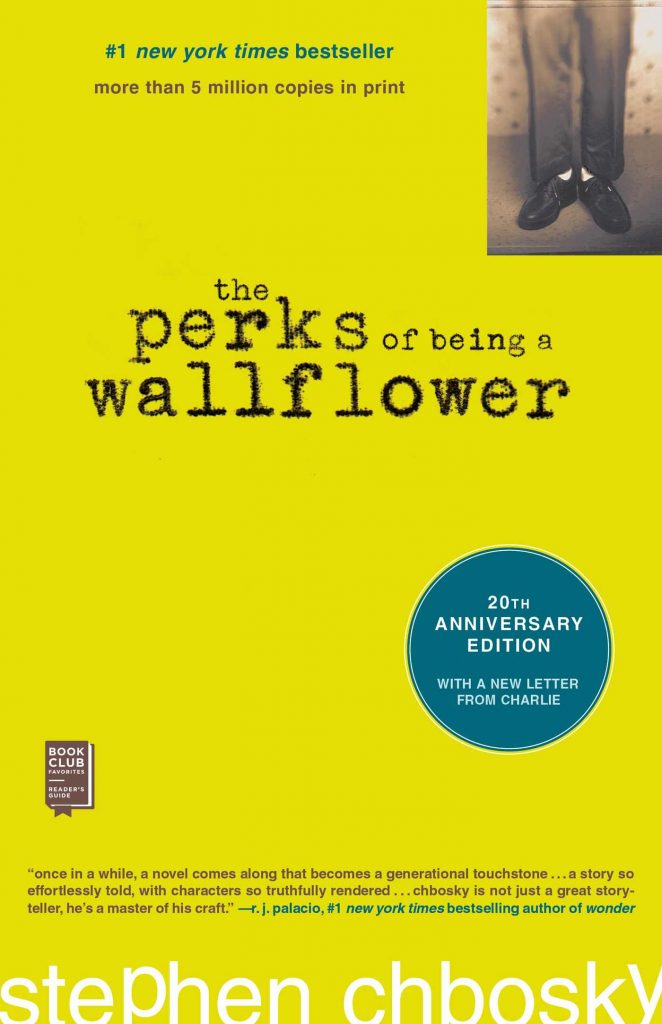Do you love discussing movies? Then join us monthly at our Film Talks program! We’ll watch films, chat with viewers, and host some special guests!
2021 marks the 20th anniversary of Moulin Rouge and the 25th anniversary of Romeo + Juliet, two absolute bangers brought to us by the visionary that is Baz Luhrmann. You’d be hard-pressed to find a more polarizing director. You can love him, or you can hate him, but you’ll never sway the other team to your side. Luhrmann’s style can generally be described as maximalist—but that wouldn’t truly do it credit. It’s maximalism at the top end of the gauge. It’s maximalism on every party drug known to man. It’s fireworks and swirling colour and dizzying camera cuts, for no other purpose than to throw you off your balance and to pitch you head-long into a world of high camp, high energy, high drama—just high, to be perfectly honest. Luhrmann looks at maximalism and says, “sure, more is more. But most is best.”
As a viewer, you either eat up the spectacle or you throw it away; you’ll notice that both positive and negative reviews use the same language to describe his work, and it’s up to you how to feel about it. Are you seduced by the “tour de force of artifice, [the] dazzling pastiche of musical and visual elements” (a positive review) or put off by the “Gorgeously decadent, massively contrived, and gloriously superficial” ones (a negative review)? One thing is for sure: you will have a strong emotional reaction either way. You don’t just watch a Baz Luhrmann film. You need to strap in and prepare for whiplash, because he is about to assault all five of your senses and maybe a sixth.
But to reduce Luhrmann’s work to artifice and superficiality would be to miss the point. Yes, his films are a love letter to excess, and bring new heights to the term “chewing the scenery”. Yes, aesthetics are front and centre. But Luhrmann uses all these tools—and, truly, every tool in his belt—to get to the truth of the matter: he can laser-focus on an emotion or a theme, and then yank on it until it’s at the surface in its most raw form. The heightened artifice brings it out. Take Moulin Rouge, for example. The film high-kicked its way into theatres in June 2001, following a decade marked by too-cool-for-you-irony (and just before the gravity of 9/11). It’s a fin de siècle burlesque jukebox musical about a penniless writer (played by Ewan McGregor) and a high-end courtesan (Nicole Kidman) who fall in love at the titular cancan venue. It’s a film whose theatrical climax features a man growling a tango version of “Roxanne” by The Police. The two main characters fall in love over the course of one mishmashed pop song—maybe two, if we’re being generous. Kylie Minogue has a cameo as “The Green Fairy”, a hallucination brought on by absinthe. The villain is simply named The Duke (but you have to say it dramatically: The Djuuke) and he performs an extended, silly version of Madonna’s “Like a Virgin”.
Continue reading
 It seems that no matter how old you get, and how removed from school you are, September always feels like a new beginning—a fresh start of sorts,
It seems that no matter how old you get, and how removed from school you are, September always feels like a new beginning—a fresh start of sorts, 